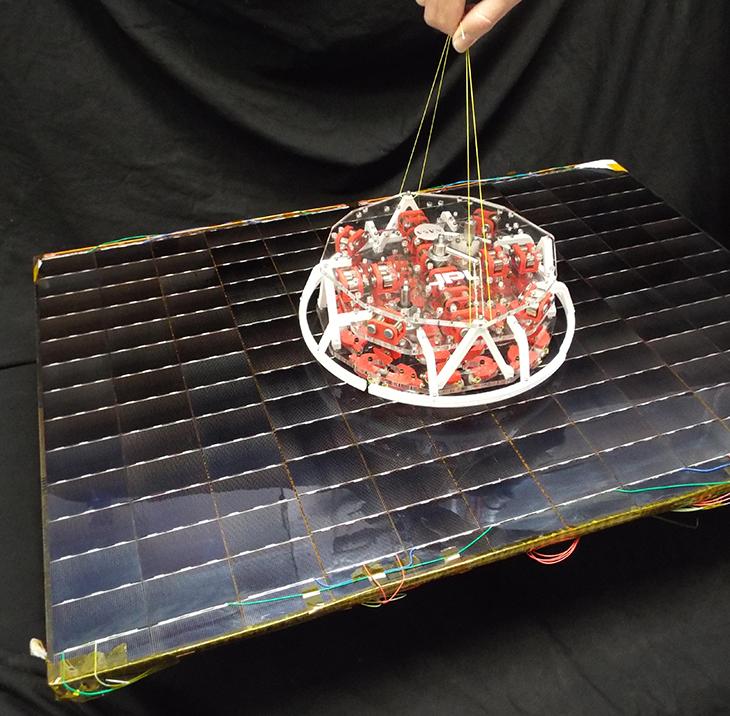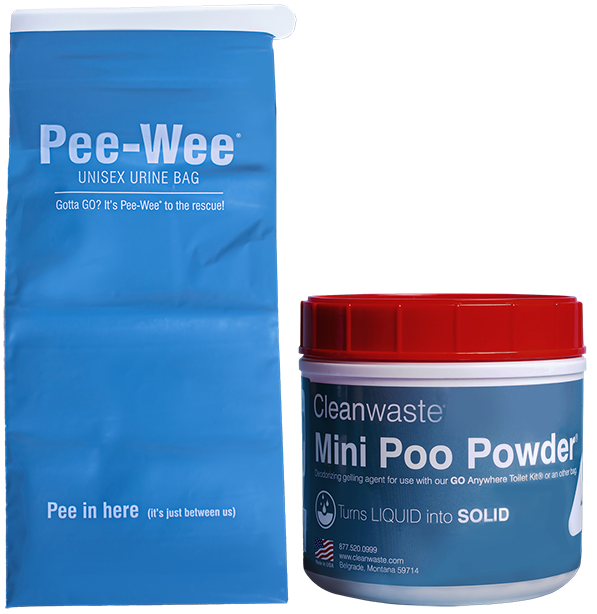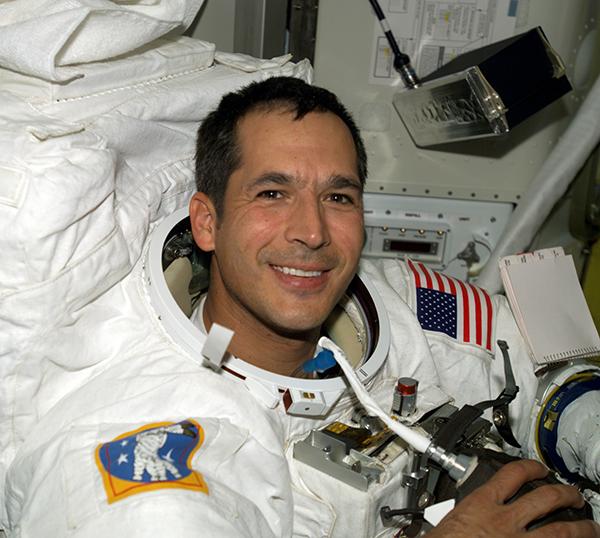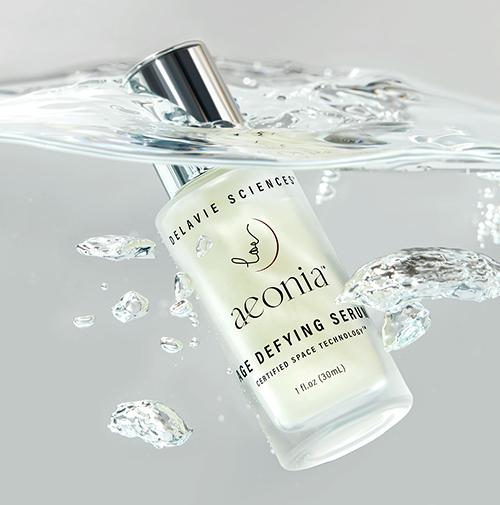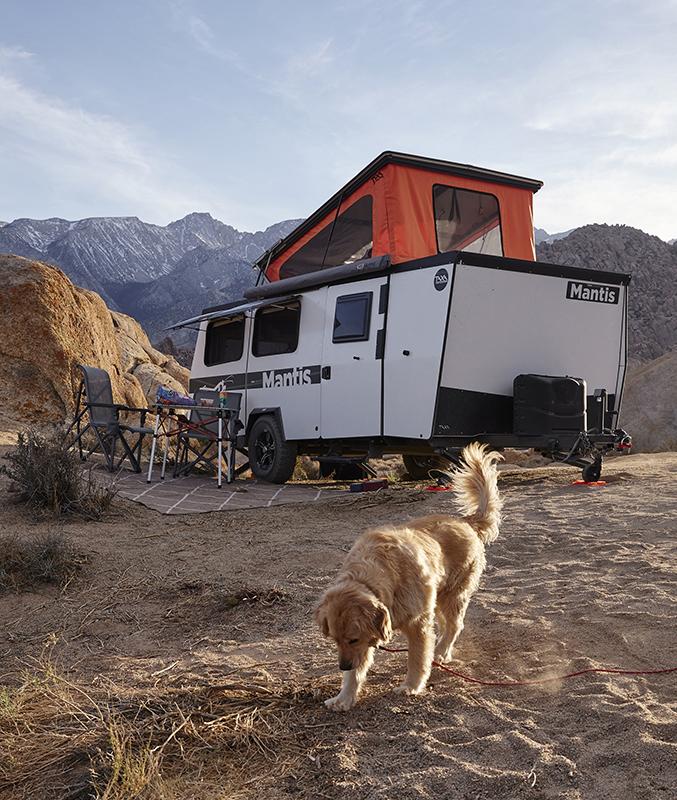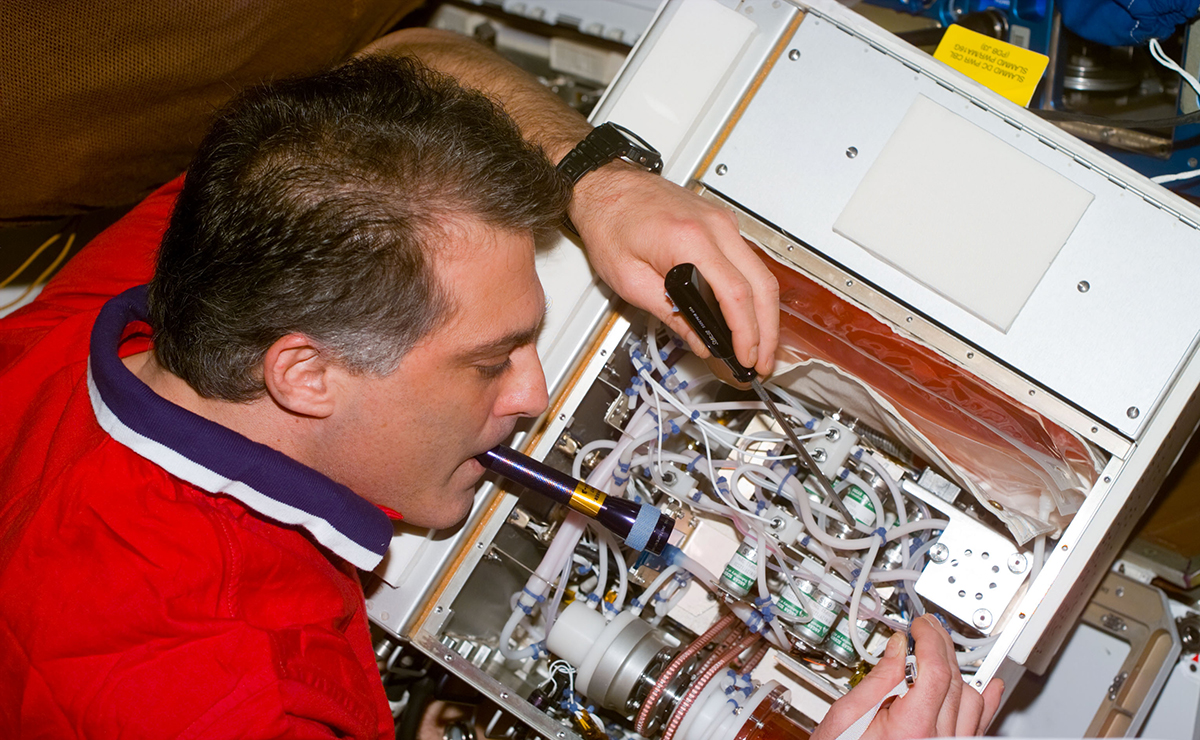
Cosmic Experiments Make Cosmetic Nutrients
Subheadline
Antigravity bioreactor grows robust stem cells, extracts plant nutrients for anti-aging creams
Most Earthlings will never escape gravity, but an invention by a trio of NASA scientists has been making the benefits of weightlessness available to everyone on Earth.
Since it was introduced more than 30 years ago, the ability to simulate weightlessness in a laboratory has been used around the world to help develop drugs and stem cell therapies in the fight against cancer, diabetes, and other illnesses. Meanwhile, in the world of dermatology, one company is using it to repair skin, reduce wrinkles, and combat the effects of aging.
“Let’s face it, the cosmetic landscape is filled with brands whose claims fall short of scientific validation,” said David Pollock, president and CEO of Brand Labs USA LLC, headquartered in Fort Lauderdale, Florida. “Our mission is anchored in delivering scientifically substantiated results to our customers.”
It was this mentality that was triggered when another cosmetic company came to him several years ago asking what to do with a NASA license for using the Rotary Cell Culture System (RCCS) to obtain ingredients for skin-treatment products. “My jaw just dropped,” he said. “I’m like, wait a minute, you’ve got the greatest breakthrough I’ve heard of in my career. What are you doing with it?”
The RCCS was not new when the company Renuéll approached Pollock with it in 2018, but it was new to the world of cosmetics, with Renuéll having licensed it only five years prior.
Grounded, NASA Brings Space Environment to Earthlings
The technology itself dates back to the aftermath of the space shuttle Challenger disaster in 1986. At the time, a few researchers at NASA’s Johnson Space Center in Houston were working on a bioreactor to grow human kidney cells in the weightless environment of space. When the shuttles were grounded following the Challenger explosion, the team members’ access to weightlessness was cut off, so they came up with an alternative solution.
They found that if they placed the kidney cells and culture medium in a gently rolling horizontal cylinder, the cells stayed suspended, as if weightless, in the center of chamber. Better yet, they discovered that the multiplying cells organized themselves in much the same way they would in the body, building an orderly, three-dimensional tissue structure rather than the smooshed layers that cell cultures form in Petri dishes in Earth’s gravity. As a result, the cells were healthier and grew faster, and they also secreted molecules similar to what they would produce in the body — and at high volumes and purity. This was key for many applications. For example, the Johnson team was originally growing kidney cells for their ability to produce erythropoietin, a hormone that regulates red blood cell production and can treat anemia.
Two of the team members licensed their technology from NASA to form Synthecon Inc., which began selling RCCS devices in 1992. Both NASA and the company continued to develop and patent methods for using the technology, including space agency patents on the use of an electromagnetic field to facilitate the growth of cells within the RCCS, which Renuéll had licensed in 2013 to create its Rejuvel skin care cream.
Rejuvenating a Skin Care Spinoff
Pollock had built a name in brand development and contract manufacturing, leading Renuéll to approach his company for commercial strategies. Impressed by the potential he saw, he immediately entered into a joint venture with the company. When NASA’s patent on the cell growth technique expired and entered the public domain shortly after, he bought out Renuéll’s portion of the business and consolidated it under Brand Labs USA, which now offers more than a dozen products that begin in the RCCS.
There, plant stem cells grown in a culture medium secrete various molecules that are key to skin care, creating a rich suspension of nutrients including growth factors that boost the production of skin cells, vascular cells, and collagen. Also present are more than a dozen amino acids, various vitamins, a handful of anti-inflammatory cytokines, and both hyaluronic and polyglutamic acids, which help keep skin moist and flexible.
These are incorporated into a diverse range of products in Brand Labs’ Clinical Results 24/7 line, from facial moisturizers to exfoliators.
While some other skin care companies use stem cell secretum, Pollock said, the RCCS produces healthier stem cells faster, and these produce richer, more nutrient-dense secretions. “In other words, we’re harvesting so much more out of them than anybody else would be able to do in normal gravity.”
Independent clinical trials demonstrated that the products significantly reduced wrinkles, dark circles, and skin roughness, and caused a dramatic increase in skin hydration. “These weren’t minor. These were dramatic results,” Pollock said.
The company first sold the products to dermatologists and spas, but sales took off when they became available on a television shopping network, he said. He credits the products’ basis in NASA science for much of their — and the company’s — success.
“Without that, I don’t think we would have gotten to the size we are. It gave us credibility starting as a small company,” he said, noting that Brand Labs began in 2015 with one employee in a 1,000-square-foot space and has now grown to more than 30 employees filling a 15,000-square-foot facility.
Healing Babies, Courting Brands
The company has also started using RCCS technology to obtain botanical extracts for a new line of skin care additives called BotaniCell. Rather than culturing stem cells for the molecules they secrete, BotaniCell is based on a technique for using the RCCS to extract nutrients from plant clippings, including carbohydrates, amino acids, vitamins, and other skin-rejuvenating ingredients.
Most companies obtain extracts from plants using either heat or chemical solvents, both of which can destroy many of the nutrients, said Pollock. “We discovered we can create more potent extracts in the RCCS. If it spins in that system long enough, we’re able to get a liquid from those plants with those nutrients.” Again, he said, independent testing found the resulting extracts were significantly richer in active ingredients than the products of other top brands.
In a side project, the company is also working with a nonprofit to treat epidermolysis bullosa, a rare and often fatal genetic skin disease that causes a baby’s skin to blister and peel off. Brand Labs has been helping to develop a treatment based on sulforaphane, a compound obtained from broccoli in the RCCS. “It has actually been healing the blistering of the skin that literally will kill these kids at a young age,” Pollock said, noting that the extract could eventually become the basis for an approved drug to treat the disease.
Meanwhile, he’s been in talks with major brands about incorporating both stem cell secretum and botanical extracts into their products.
“In a small amount of time with no private equity, no big loans, everything on our own, we’ve grown at a significant pace, and I feel the RCCS technology is a key component of it,” Pollock said. “As Brand Labs continues to explore the possibilities offered by antigravity bioreactors, we not only chart a new course in cosmeceuticals but also contribute to a future where the benefits of space technology are accessible to all, transforming our approach to health and beauty.”
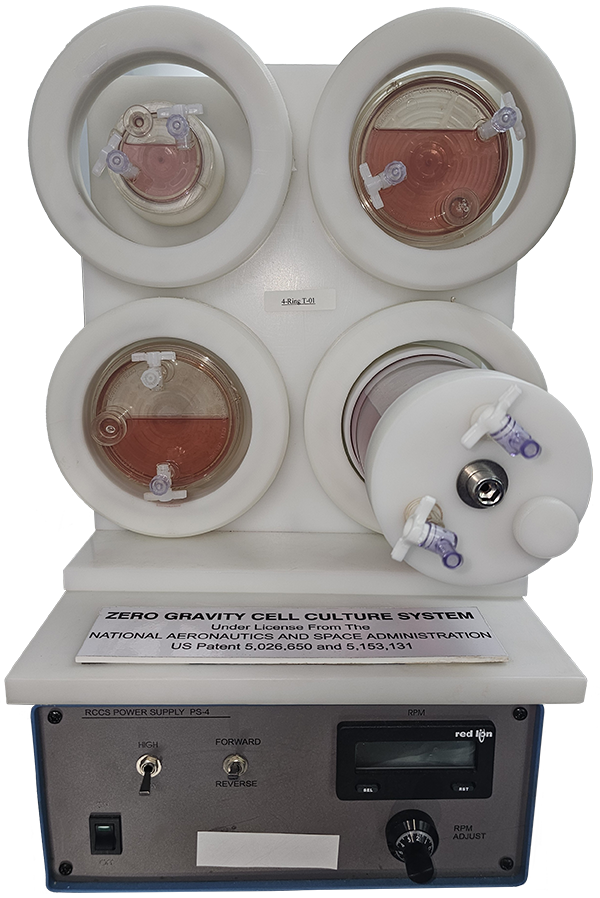
Brand Labs USA owns this four-cylinder Rotary Cell Culture System from Synthecon, the company founded by two members of the team that invented the technology at Johnson Space Center. Credit: Brand Labs USA LLC
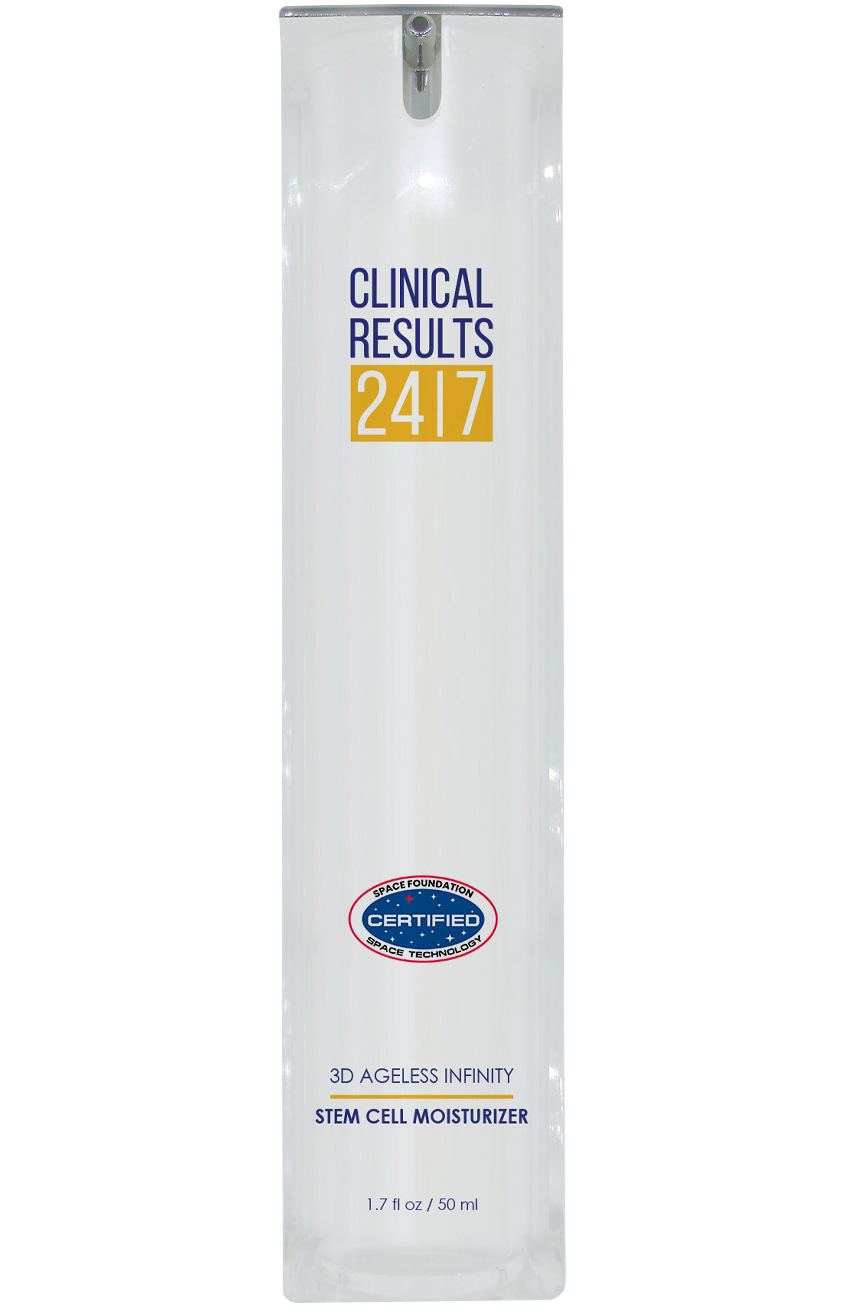
A number of products in Brand Labs USA’s Clinical Results 24/7 line, including this moisturizer, incorporate secretions from plant stem cells grown in NASA-invented Rotary Cell Culture System devices. Credit: Brand Labs USA LLC

Astronaut David Wolf works on a bioreactor unit aboard the Mir space station. Wolf was one of three researchers at Johnson who invented the Rotary Cell Culture System bioreactor. Credit: NASA






